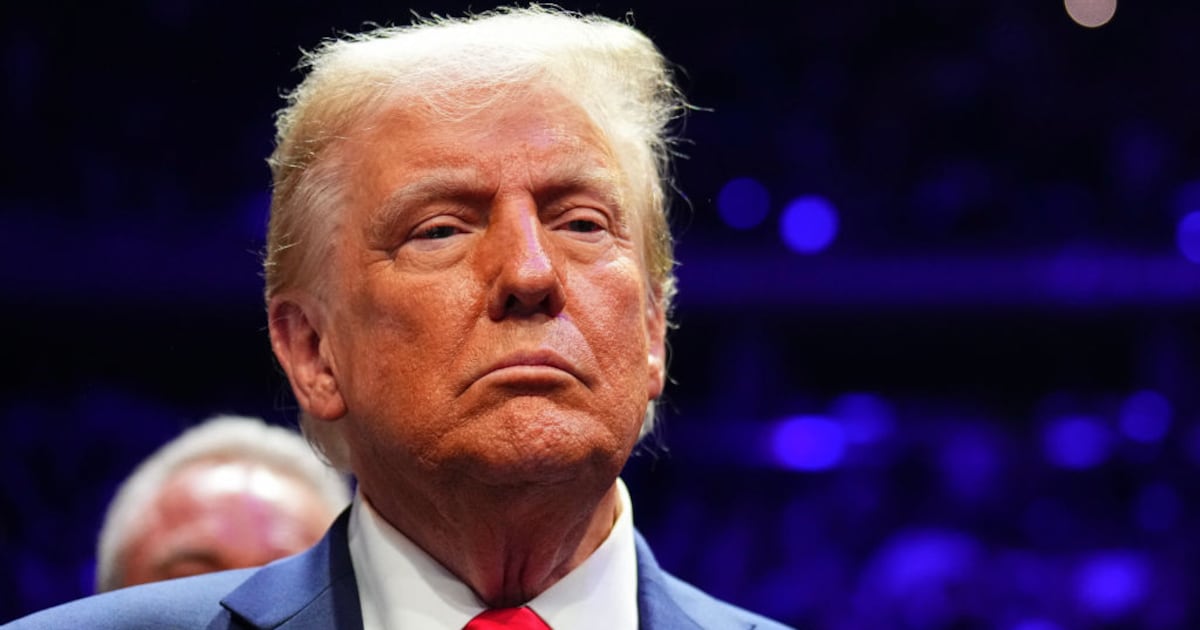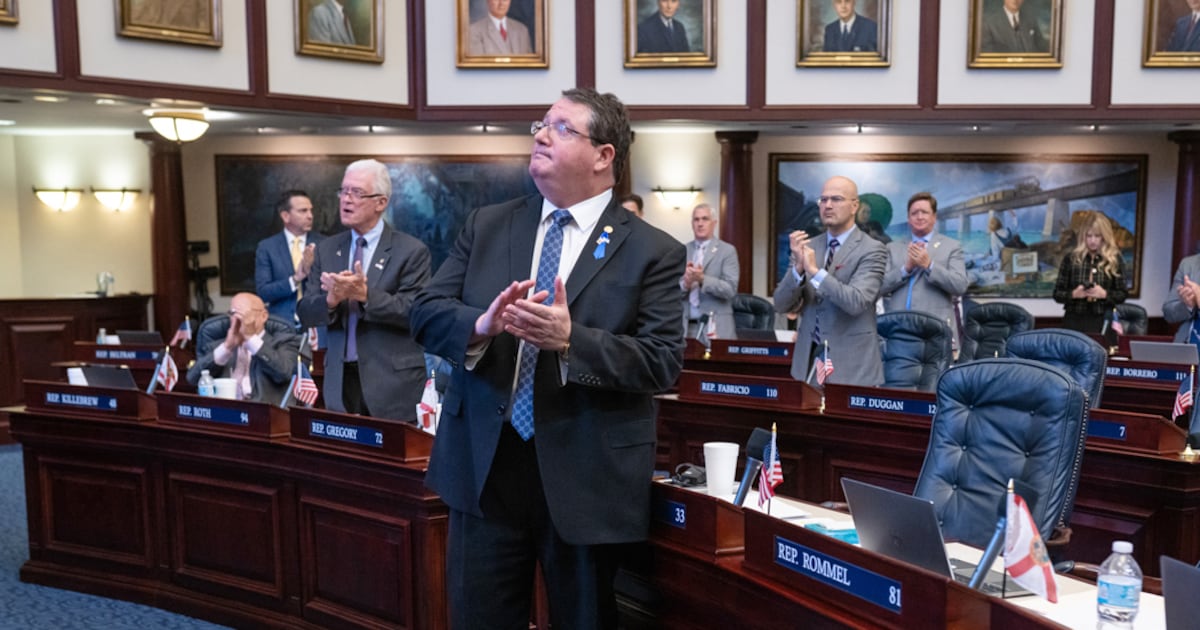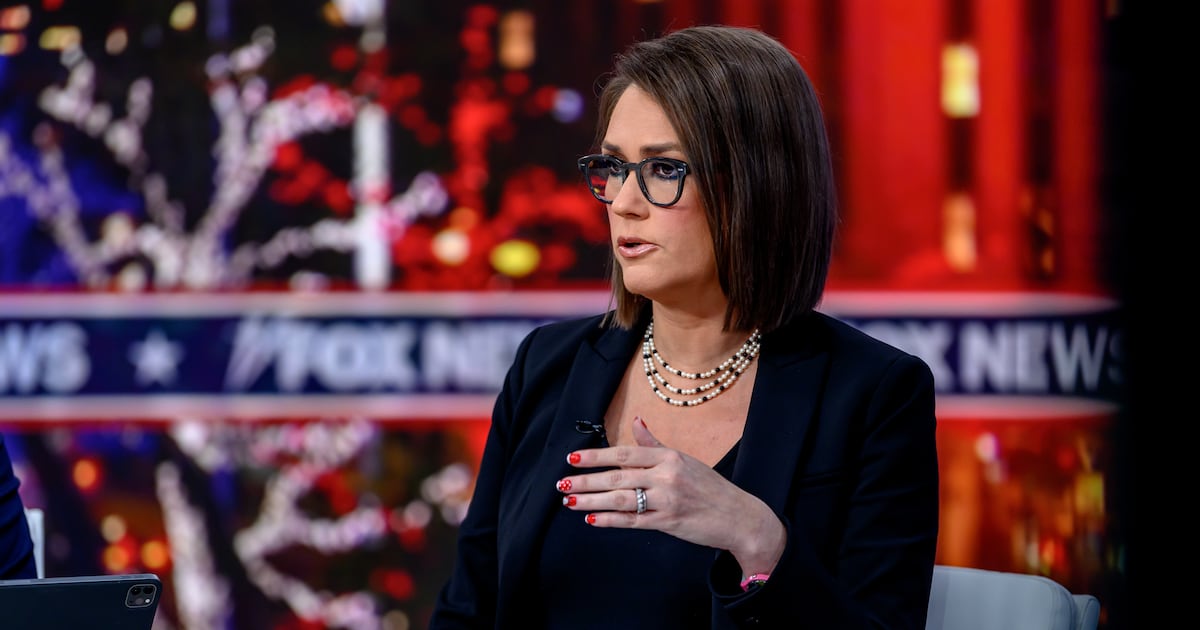The Season 3 premiere of Girls is good.
It isn’t brilliant and life-changing nor is it terrible trash. It’s not as profound as we force Girls to be, nor is it meaningless. It’s just good. Sometimes it’s very good. It’s certainly enjoyable. But it’s neither the best nor the worst thing ever. It’s good.

Can we be OK with that?
ADVERTISEMENT
Seriously though.
We’re the people who anointed Lena Dunham the voice of a generation before a second of Girls ever aired. It was an absurd coronation, considering that Dunham had already finished the entire first season of the show and had no chance to adapt her material to live up to the impossible-to-live-up-to title she’d be given. We’re the people who, even though it was ridiculous to place those expectations on her, piled on a suffocating mountain of backlash on Dunham and the show when it didn’t—as various writers promised it would, sight unseen—present the experience of being a twentysomething the way every single twentysomething experiences it.
It was as if people thought that when Dunham’s Hannah Horvath insisted that her parents pay her rent for two years while she work on a memoir, or when she has casual doggie-style sex with a guy who treats “her body like monkey meat,” that she was somehow proclaiming that these were things that everybody who is in their twenties does. Have you been peed on by your boyfriend in the shower? No? Really? That’s fine. Girls wasn’t ever supposed to represent every twentysomething experience. It was presenting a twentysomething experience.
We’re the people who devoted exactly 43 percent of the entire internet in 2012 to whether Dunham was brave, exploitative, inspiring, or disgusting for showing her not-perfect naked body on screen so matter-of-factly. We’re the people who made national headlines over the fact that Dunham’s Hannah Horvath didn’t appear to have a friend who wasn’t white. Hannah Horvath is all of us and if Hannah Horvath doesn’t have a black friend then all of us are racist. Apparently.
So think about it. Can we really be OK with a season of Girls that’s just good? One that’s no longer pushing buttons. That’s no longer Sex and the City for twentysomethings, because it was never Sex and the City for twentysomethings. How will we react to a season of Girls that is remarkably settled? One that is still unflinching and still offering an illuminating glimpse of the frustrating paradox of growing up, feeling listless and flailing at the same time. But for one that does all that and is just good.
This is a season that, in the first six episodes released to critics, feels static and occasionally monotonous, but in a way that a good show should feel at this point in its run. We’re no longer shocked by its mere existence. We’re no longer surprised that the characters are as selfish as they are, or ignorant as they seem. The joy in watching them has quickly morphed from disgust and amused gawking to occasionally smug superiority. We can already telegraph the mistakes the characters are going to make before they make them because we know them, we know the show, and we know Dunham’s writing style well enough at this point to predict the forthcoming hijinx.
It’s not because the writing is lazy or predictable. It’s as sharp as ever, really. It’s not because we’ve had all the experiences these characters have had. No, we have not eaten out a closeted lesbian in a rehab facility, as Jessa (Jemima Kirke) does in the premiere. Or listened to our boyfriend’s ex shout at us about the time he ate her out from behind in the middle of a coffee shop, as Hannah does. Or argued over the proper pronunciation of Ryan Phillippe’s name, as Hanna and Shoshana do.
OK, we’ve done that.
It’s because we’ve lived with these characters for two full seasons now, and each has become, through Dunham’s vision, so fully realized that we’re as in their heads as they are. If you’re still tuning in to Girls at this point, after all the backlash, controversy, and uneven episodes, it’s because you’re one of those people who just enjoy spending time with these characters. And you’ll be rewarded by a season three that is pleasurably good. Just good.
When Girls returns the main characters are trying, with varying levels of success, to move on from assorted rock bottoms.
Hannah is back with Adam (Adam Driver), taking her OCD meds, and working on an e-book. Jessa is in rehab—and then is kicked out of rehab. Marni is sleeping on her mom’s couch and working at Grumpy’s after being unceremoniously dumped and losing her job. Shoshanna is carefully planning what she thinks is the ideal life experience after breaking up with Ray. She just thinks that ideal life experience involves a regimented, specific schedule of studying and casual sex.
For two seasons, we’ve watched the four girls reliably be their own worst enemies. That hasn’t changed. Neither has Dunham’s knack for uncanny, relatable insight and quippy dialogue, surfacing unshakably quotable one-liners. The kind that makes you chuckle because you get it. Maybe you’ve been there…though you certainly don’t have to have been.
You continue to alternate between cringing at the obtuseness and marveling at the self-awareness of Hannah as she tells things to her therapist like, “It’s amazing to realize that my only imitation is my own mind. Like I hold the keys to the prison that is my own mind.” As it happens, Dunham’s mind is full of brilliant observations, like this one Hannah gives about friendship after Adam tells her, “I don’t hate your friends. I’m just not interested in anything they have to say.” Her response: “I’m not interested in anything they have to say! That’s the point of friendship.”
Dunham’s sense of self and sense of humor about herself never ceases to be admirable. You may recall the horrendous haircut Hannah gets at the end of season two. It looks terrible. It’s the worst thing ever. And it’s the punchline of some of the second part of the two-episode premiere’s best jokes. Shoshana compares the ‘do to “hair like a little boy on a fancy cookie box.” After seeing the cut for the first time, Jessa tells Hannah she likes it. “I feel very glad you like, because every morning when I wake up I question it,” Hannah says. The line is delivered perfectly by Dunham. You will laugh. A lot.
There’s a lot to look forward to as the season continues. Zosia Mamet is spectacular in the second episode on premiere night, showing off some crackling comedic timing. Gaby Hoffman joins the show for an arc as Adam’s sister and she is so freaking weird in the best way possible. There’s a spot-on dissection of why what websites like Gawker and, let’s face it, this one do is both integral and meaningless. And there’s good television. Just good television.
I hope we’re all OK with that. Because we really, really should be.






